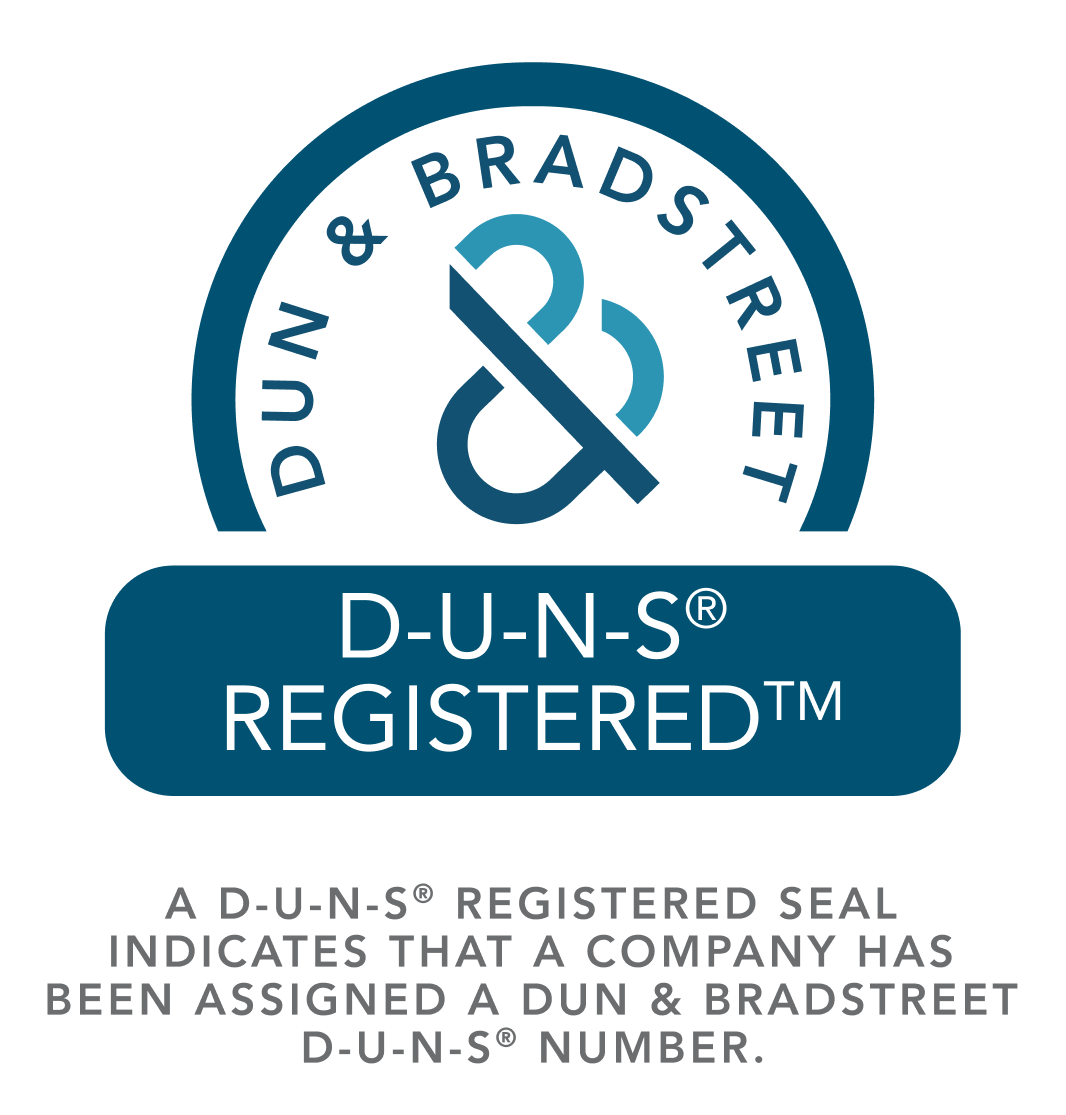
How to Approach the Increase in Cash Buyers in ‘23

No F&I manager likes a cash deal. Most see them as a ‘dead’ deal where there is little or no chance to sell any F&I products.
But it’s really not a lost cause at all. Sure it’s a little more challenging but in this current market, there is still a way to make these deals a positive one for F&I.
What are the Cash Deal Numbers?
Industry expert Experian has reported a leveling off of new car cash deals but a rise for used car transactions. No wonder as used cars are selling at a record high in the last 2 years…many of similar make/model are selling for as much as their new counterparts.
Add to that the increase in rates to numbers we haven’t seen since before the Great Recession of 2008, and it’s no wonder customers are feeling the pinch when looking at the buyer's order.
Rates increasing have brought a shock to the customers who before now would be much more likely to finance a car but now the thought of a payment $100 more than it would have been in recent years is just too much.
How can F&I managers counter this rise in all-cash deals? What are some strategies to change the mindset of going into a cash deal that can help turn a perceived negative into a positive for everyone?
Let’s take a look…
Is it REALLY a Cash Deal or Something Else?
Cash deals generally happen when a buyer has either secured financing on their own with an outside lender (bank, usually a credit union) or they really do have the cash for their car. Some may use a HELOC (home equity line of credit) essentially taking out the cost of the car from equity in their home.
Dealers nationwide suspect the latter is happening more now that home values have sharply risen in many markets since the start of the pandemic.
If they are using a credit union draft or HELOC funds that were transferred, it is technically still a payback scenario. They either make a monthly payment for a loan term for a standard loan or they are paying back a smaller payment over time drawn from their home equity.
Either way it’s still being paid back. This is a good opportunity to tactfully remind a buyer that cars are a depreciating asset and cash is always better sitting safely in the bank or investment account.
Key Questions Can Help
It goes without saying that you need to know before the deal comes into your office if they are a cash buyer or finance. If they have their own money, immediately meet them on the sales floor if possible and ask a couple of quick questions as a ‘matter of procedure’. The customer should have no problem when it’s phrased this way.
Ask if they have a draft from a financial institution to be signed over. If they do, you can assume a credit union is involved and the second question that follows would be to ask if the dealership will be responsible for assigning the lien for the title.
If they say they are writing a personal check, ask the same about the lien assignment. If they say no, they either really do have cash sitting around or they are using funds from a HELOC.
None of these questions are in any way intrusive but there may be some buyers who might get cold feet realizing it’s not as easy to go do all the post-sale steps themselves vs. having the dealer handle it.
Positive Approach Works Wonders
We know cash buyers in 2023 are motivated in large part by the terror of a high interest rate. So when having the initial conversation, don’t rush it thinking it’s a waste of time. Congratulate them on their purchase and make them feel good about being able to consider an all cash purchase.
Make the tone light and you may be surprised how easy the next part of the conversation becomes.
Go through your menu presentation the same as you would with any other customer but consider offering a ‘deal’ for all cash buyers. Nothing wrong with taking a negative and making it a positive for their wallet by saying you have lower VSC pricing for buyers like them.
Think of it this way…how many times have you driven past a gas station that is selling a gallon of gas cheaper if you pay cash?
You can also ask if they have a way to pay for VSCs or ancillary products on a credit card or through a checking account so they still have the same protections as everyone else who is financing.
Treat them the same as everyone else and not as a ‘dead deal’ and the result will likely surprise you.
Click here to learn more about how truWarranty can help you with a variety of F&I solutions to help your staff be ready for those aftermarket sales...and even a variety of local lenders who may be able to sway your customer to finance and put way their checkbook.

Discover the significance of the walkaround process in achieving higher F&I PVR (Per Vehicle Retail) figures. Learn how an effective walkaround strategy can optimize your dealership's finance and insurance performance.
.webp)
Before the pandemic, not many F&I managers ever thought much about having a video call with a customer to discuss financing options. Now we don’t think twice about it. For F&I staff in particular, being able to have a video call with a prospective customer can make or break a deal.

